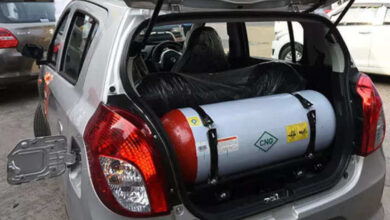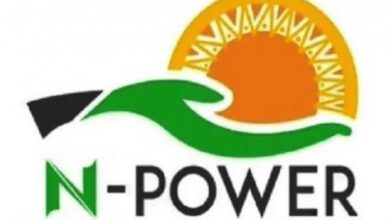South Africa Goes To the Polls to Elect New Leader: Essential Things You Need to Know

By: Ibraheem Muhammad Mustapha
This famously is the year of elections — with around 40% of humanity having the chance to vote in 2024.
As South Africans head to cast their votes in the country’s 7th general election, FactCheckAfrica find it vital to release this piece as part of our campaign to promote democracy in all African countries.
For this year’s election which marks a significant milestone in the nation’s democratic journey, here are the key things to know:
– With a population of 62 million people, South Africa currently has a total of 27,672,264 registered voters who are going to polls according to data from the country’s electoral commission.
– The Electoral Commission of South Africa explained that youth have heeded the call to register, with 81% of new registrations (574,899) coming from under-30s. The gender breakdown is also promising, with 52% of new voters being women and 48% men. The age distribution shows 49.2% are aged 20-29, 26.6% are aged 18-19, and 5.9% are aged 16-17.
– Polling stations opened at 7am (05:00 GMT) and will close at 9pm (19:00 GMT).
– An unprecedented 52 parties are contesting the election, up from 48 in 2019.
– The ruling African National Congress (ANC), which has been in power since 1994, has been smeared with challenges from opposition parties and internal differences.
– The main opposition parties are the Democratic Alliance (DA) led by John Steenhuisen and the Economic Freedom Fighters (EFF), led by Julius Malema, a former ANC youth leader. While the DA won around 20% in the last national election, the EFF has 10% as ANC took the lead.
– The ANC’s age-long dominance is being challenged by the rise of new parties. One such is the MK Party led by former President Jacob Zuma. Zuma’s breakaway party has attracted some support from disaffected ANC members and could potentially split the ruling party’s vote.
– South Africans vote for parties, not directly for their president. The parties then get seats in Parliament according to their share of the vote and The 400-member National Assembly then elects the president, meaning whichever party has a majority chooses the head of state. Historically, the ANC has always had a majority in Parliament since 1994.
– There is a change in the electoral system. The new electoral system means voters will receive three ballot papers: two national ballots (the regional and compensatory ballots) and one provincial ballot paper.
– With the new law, independent candidates are allowed to stand for the first time in South Africa’s electoral history.
– This move towards greater inclusivity is believed, historically, to lead to more diverse representation and new voices in Parliament.
– Partial results are expected within hours of polls closing, with the final results announced on Sunday.
At FactCheckAfrica, we are committed to tracking the happenings around the election and keeping you up to date with accurate and unbiased information. We will be monitoring claims made by political parties, candidates, and other stakeholders, and verifying the facts to ensure that voters have access to trustworthy information. Follow us for live updates, fact-checks, and analysis throughout the election period.




